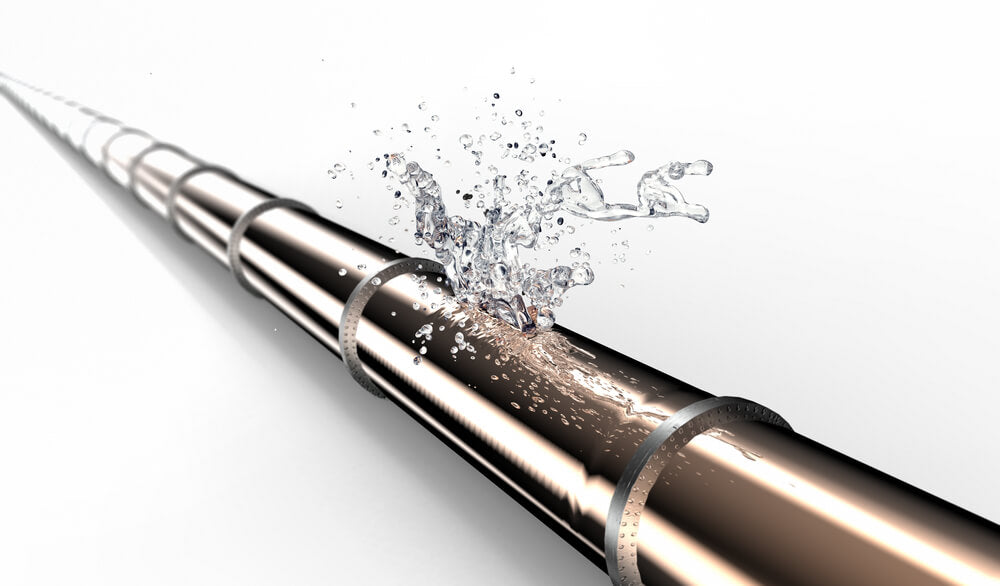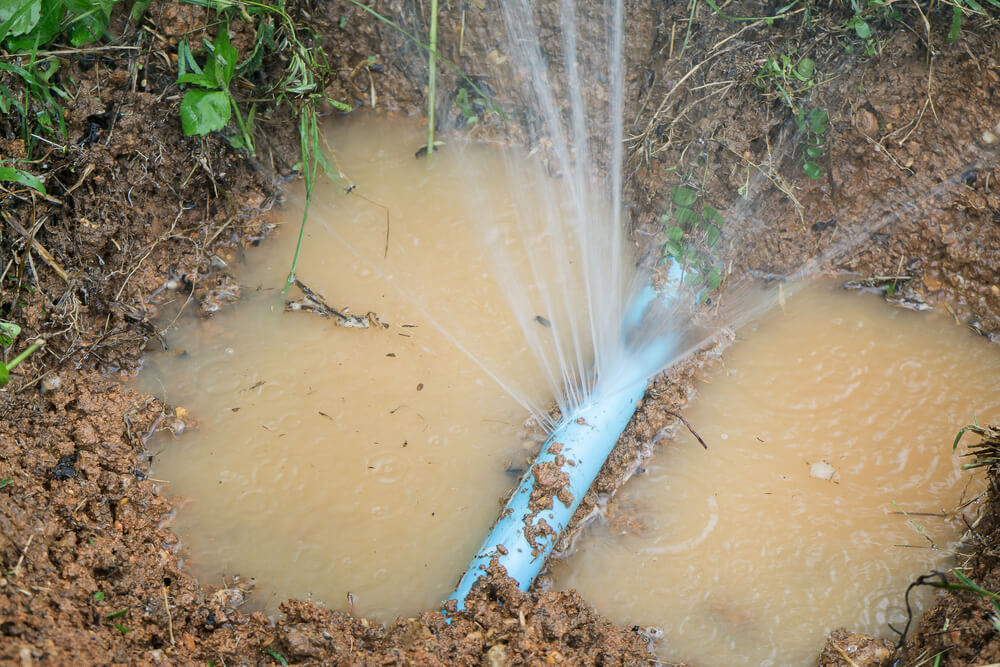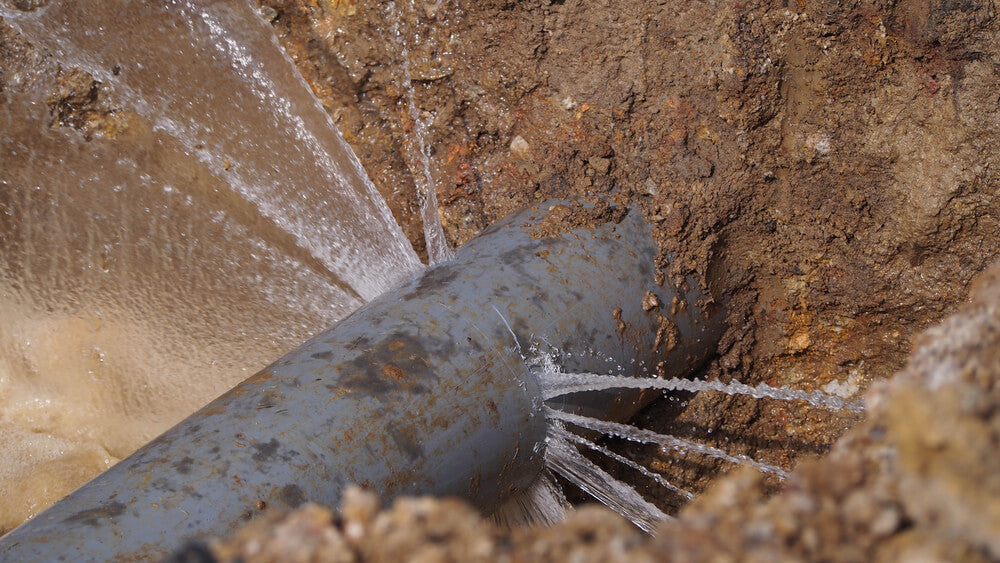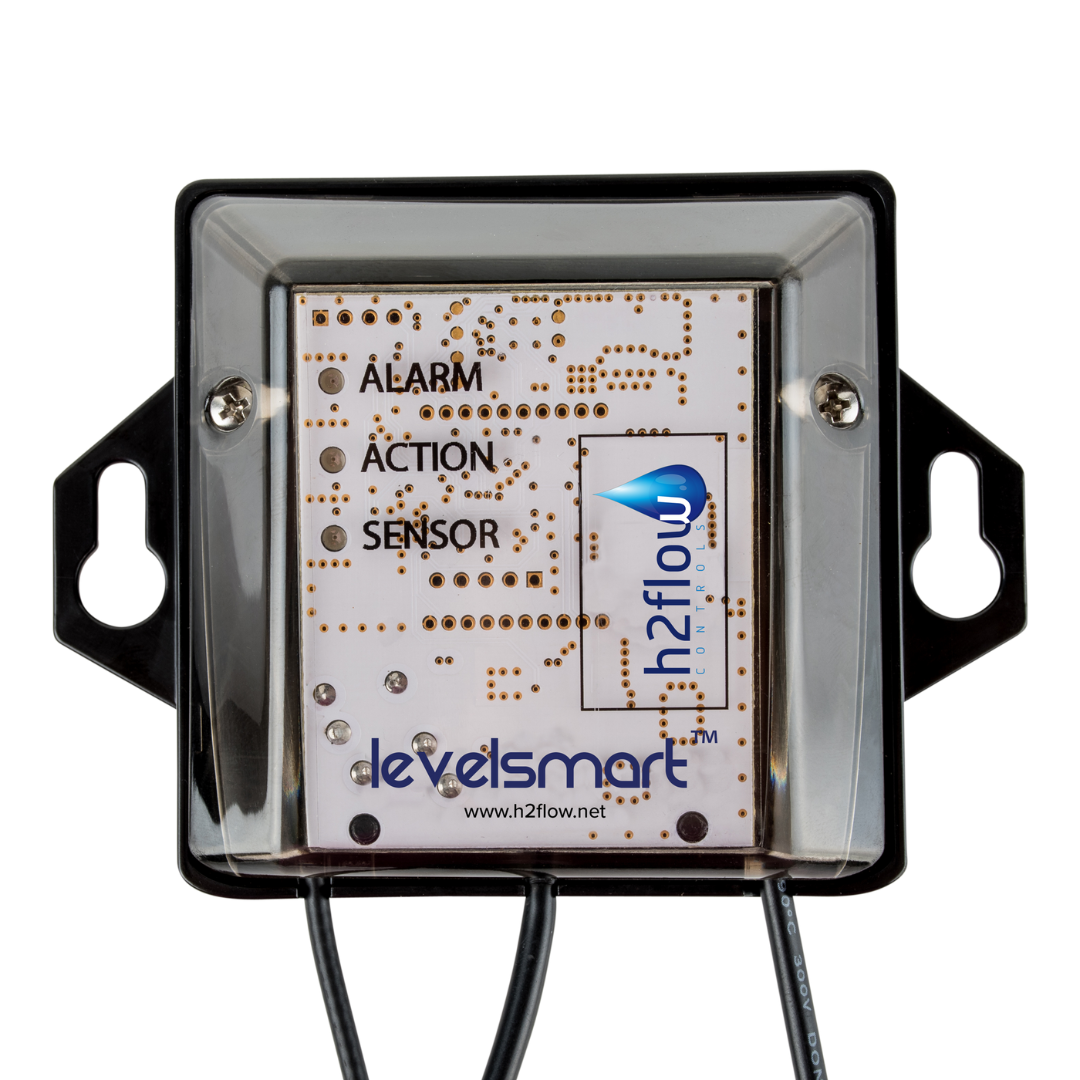
Swimming pools provide an enjoyable place for relaxation and exercise all summer long. However, while they may be a delightful experience, they also require regular upkeep. A key aspect of pool upkeep is monitoring the flow rate - that is, how quickly water circulates throughout its system.
Maintaining a normal flow rate in a pool or spa is essential for several reasons. These reasons include:
- Keeping it clean and safe
- Saving energy
- Ensuring proper chemical distribution
To accurately measure flow rate, a pool flow meter is necessary. This device offers an effortless and accurate way to measure the amount of water circulating in your pool or spa. It enables us to identify any problems and take necessary measures for resolution. In this blog post, we'll cover what a normal flow rate looks like, and how to use a flow meter to accurately measure it.
What Is Considered a Normal Pool Flow Rate?
What constitutes a normal flow rate in a swimming pool depends on several factors. Generally, this rate should allow water to circulate throughout the system without placing unnecessary strain on equipment or disrupting pool cleanliness.
Three factors contribute to determining a normal flow rate:
- Pool size and volume
- Pump size and power
- Filter size and condition
Pool Size and Volume
When determining what a normal flow rate for your pool, the first factor to take into account is its size and volume. Larger pools usually need more water circulation in order to maintain a clean, healthy environment. Small backyard pools may only need 25 gallons per minute (GPM), while larger community pools might necessitate 75 GPM or higher.
Pump Size and Power
The second factor affecting flow rate is the size and power of your pool pump. This device circulates water throughout your pool's system, so it's essential that it's appropriately sized and powered for your specific needs. A pump that's too small or underpowered may not be able to effectively move water around. On the other hand, one that is too large puts undue strain on its equipment as well as increasing energy consumption.
Filter Size and Condition
Your pool's filter size and condition play an important role in determining its normal flow rate. A clogged or dirty filter can restrict water flow, decreasing it significantly. A clean and well-maintained filter allows water to circulate more freely.
Therefore, regular maintenance of your filter system is key for optimal flow rate performance as well as pool health. It's essential to regularly clean or replace your pool's filter for best results.
It's essential that you consult a professional to determine the appropriate flow rate for your pool based on its unique needs. By maintaining a consistent flow rate, you'll help keep your water clean, safe, and efficient.
The Benefits of Accurately Measuring Pool Flow Rate with a Pool Flow Meter
Monitoring your pool's flow rate is essential for creating a clean, safe, and efficient swimming environment. To accurately measure this rate, a pool flow meter is necessary; different types such as mechanical, paddlewheel, or ultrasonic are available. Each type has its own advantages and drawbacks so it's essential that you select the one most suitable for your specific pool needs.
One of the primary advantages of using a pool flow meter is accuracy. Without accurate readings, it may be difficult to diagnose issues like poor water circulation, low pressure, and reduced filtration efficiency. A flow meter provides precise readings of flow rate so you can identify any problems and take necessary measures for resolution.
Furthermore, using a flow meter can help save energy consumption and money on utility bills. By monitoring your pool's flow rate, you can ensure it stays within the normal range. This way you can guarantee your pump is operating optimally - thus cutting back on energy use while extending the lifespan of your pool equipment.
Final Thoughts
Overall, pool flow meters are an integral part of pool maintenance. They provide an easy and accurate way to measure flow rate, helping you to identify any issues that could impact your pool's performance.
By regularly monitoring flow rate, you can ensure that your pool pump is running optimally. You can also extend the lifespan of your equipment and save money on energy bills. Keeping your pool healthy and efficient with the help of a pool flow meter will provide you with peace of mind, allowing you to enjoy your pool all summer long.
So, whether you're a pool owner or professional, investing in a pool flow meter is an essential step towards achieving a hassle-free and enjoyable swimming experience.






